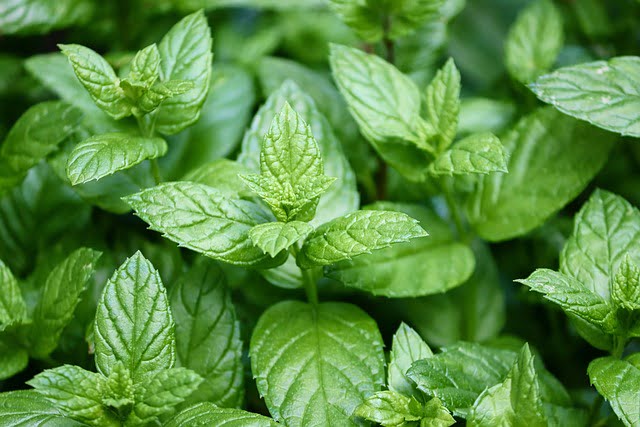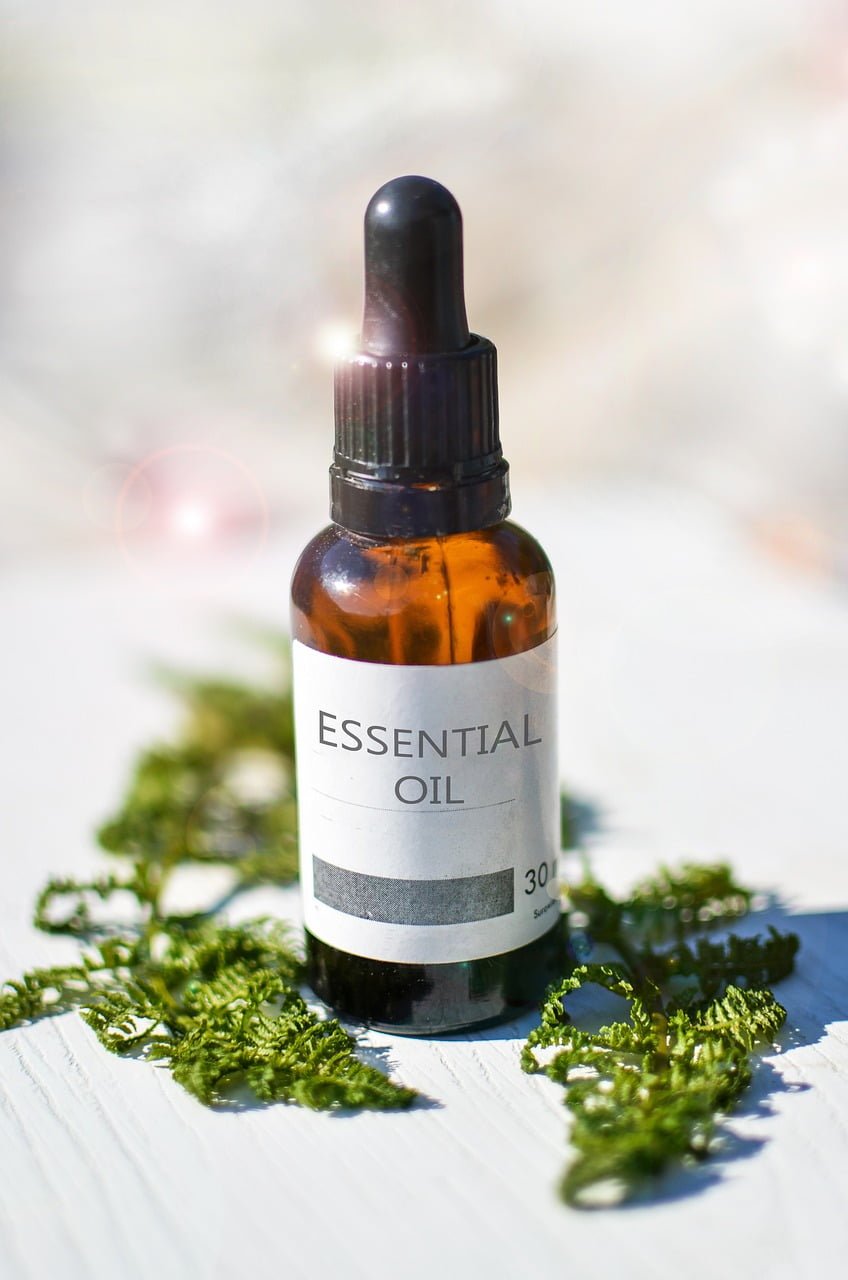This post may contain affiliate links and ads in which we may earn a small percentage of purchases.
Essential oils have surged in popularity for their natural fragrance and therapeutic benefits, but their utility extends beyond aromatherapy and personal care. Many essential oils possess potent antimicrobial properties, making them effective and eco-friendly alternatives to synthetic cleaning agents. Here, we explore four popular essential oils for cleaning your space, supported by scientific research on their disinfectant and cleaning properties.

If you’ve ever quit because meal plans felt overwhelming, this approach keeps it simple. The 21-Day Smoothie Diet gives you daily guidance, a detox reset, and easy recipes—so you can focus on consistency instead of planning. Instant digital access. Start today.
Essential Oils
1. Tea Tree Oil
Properties: Tea tree oil, derived from the leaves of the Melaleuca alternifolia plant, is renowned for its antimicrobial, antiviral, and antifungal properties.
Jump-start your metabolism with the 21-Day Smoothie Diet! Replace meals with delicious, nutrient-packed smoothies that help burn fat, boost energy, and keep you feeling full. Start your transformation today →
Research: Numerous studies have confirmed tea tree oil’s efficacy against a wide spectrum of pathogens. A study published in the Journal of Applied Microbiology found that tea tree oil exhibited significant antibacterial activity against E. coli and S. aureus, both common bacteria responsible for household infections (Carson et al., 2006). Additionally, its antifungal properties make it a strong candidate for combating mold and mildew in damp environments like bathrooms and kitchens.

Ready to uncover who your true soulmate is? Discover the face, energy, and connection meant for you with a personalized Soulmate Reading. Reveal your soulmate today →
Reference: Carson, C. F., Hammer, K. A., & Riley, T. V. (2006). Melaleuca alternifolia (Tea Tree) Oil: A Review of Antimicrobial and Other Medicinal Properties. Journal of Applied Microbiology, 91(4), 859-870. https://www.ncbi.nlm.nih.gov/pmc/articles/PMC1360273/. Retrieved May 14, 2024.
2. Lavender Oil
Properties: Lavender oil is not only celebrated for its soothing scent but also for its antiseptic and antibacterial capabilities.
Research: Research in the Journal of Medicinal Microbiology has shown that lavender oil can inhibit the growth of bacteria such as Staphylococcus aureus and Streptococcus pyogenes, which are often found on household surfaces (Lis-Balchin & Hart, 1999). Its pleasant aroma also makes it a favorite for leaving spaces smelling fresh while ensuring they are clean and safe.
Reference: Lis-Balchin, M., & Hart, S. (1999). Studies on the Mode of Action of the Essential Oil of Lavender (Lavandula angustifolia P. Miller). Journal of Medicinal Microbiology, 49(7), 584-590. https://pubmed.ncbi.nlm.nih.gov/10479772/. Retrieved May 14, 2024.
3. Eucalyptus Oil
Properties: Eucalyptus oil, derived from the leaves of eucalyptus trees, is known for its strong antiseptic properties and refreshing scent.
Research: Studies, including one published in the Asian Pacific Journal of Tropical Biomedicine, have validated eucalyptus oil’s broad-spectrum antimicrobial effects. It has shown effectiveness against bacteria like E. coli and Staphylococcus aureus, as well as fungi such as Candida albicans (Salari et al., 2006). Its ability to combat respiratory pathogens also makes it beneficial in disinfecting airways and surfaces during flu seasons.
Reference: Salari, M. H., Amine, G., Shirazi, M. H., Hafezi, R., & Mohammadypour, M. (2006). Antibacterial Effects of Eucalyptus globulus Leaf Extract on Pathogenic Bacteria Isolated from Specimens of Patients with Respiratory Tract Disorders. Asian Pacific Journal of Tropical Biomedicine, 10(2), 59-63. https://pubmed.ncbi.nlm.nih.gov/16441463/. Retrieved May 14, 2024.
4. Peppermint Oil

Properties: Peppermint oil is appreciated for its invigorating scent and its potent antimicrobial properties, which include antibacterial, antiviral, and antifungal actions.
Research: A study in the Journal of Essential Oil Research demonstrated peppermint oil’s effectiveness against a range of microbes, including Methicillin-resistant Staphylococcus aureus (MRSA), making it a valuable component in household disinfectants (Takarada et al., 2004). Its cooling sensation also adds a sensory benefit, enhancing the cleaning experience.
Reference: Takarada, K., Kimizuka, R., Takahashi, N., Honma, K., Okuda, K., & Kato, T. (2004). A Comparison of the Antibacterial Efficacy of Essential Oils Against Oral Pathogens. Journal of Essential Oil Research, 16(2), 111-115. https://pubmed.ncbi.nlm.nih.gov/14678476/. Retrieved May 14, 2024.
How to Use Essential Oils for Cleaning
To harness the cleaning power of essential oils, they can be added to various homemade cleaning solutions. Here are a few ideas:
- All-Purpose Cleaner: Mix 3-5 drops of any of the above essential oils with a 2 cup of water and a cup of white vinegar in a spray bottle. Shake well before use.
- Floor Cleaner: Add 3-5 drops of eucalyptus oil to a bucket of warm water and soap and mop floors for a clean and fragrant finish.
Essential oils offer a natural, effective, and fragrant alternative to chemical cleaning products. Their antimicrobial properties are well-documented, making them reliable choices for maintaining a clean and healthy home. When used correctly, essential oils not only disinfect surfaces but also provide therapeutic benefits, contributing to an overall sense of well-being.
For those looking to reduce their exposure to harsh chemicals, incorporating essential oils into cleaning routines is a wise and sustainable choice. Always ensure to use pure, high-quality essential oils and follow safety guidelines to maximize their benefits
Medical Disclaimer: This article is for informational and educational purposes only and is not a substitute for professional medical advice, diagnosis, or treatment. Always consult a qualified healthcare provider with any questions about a medical condition or treatment.






